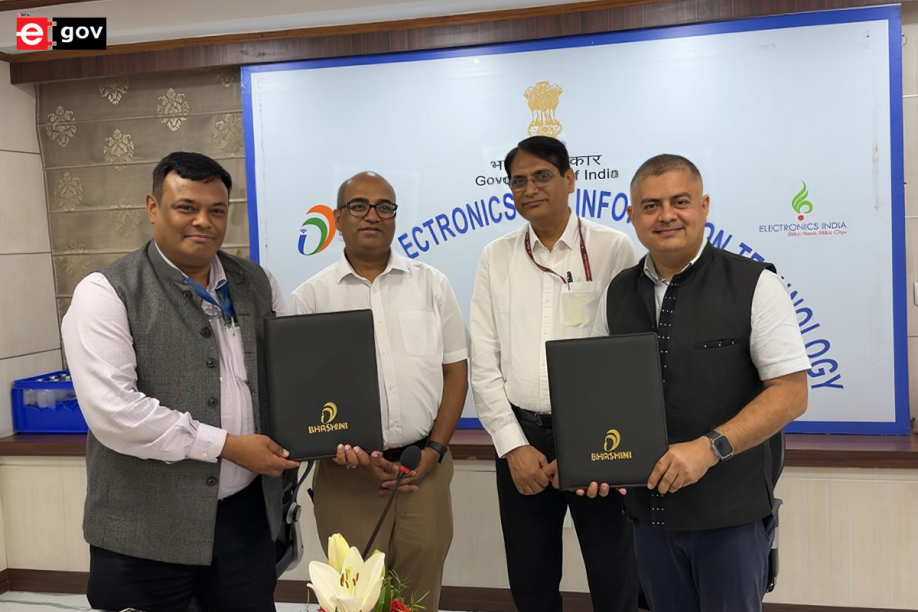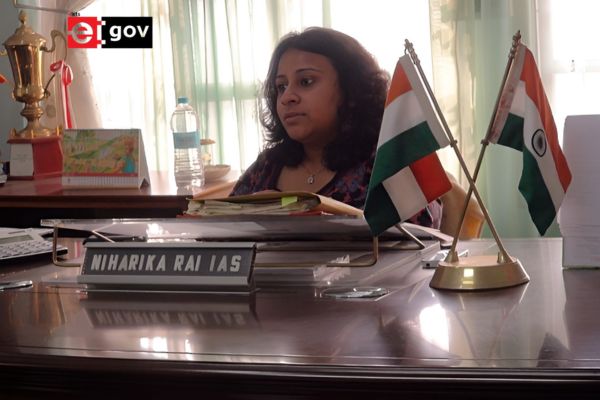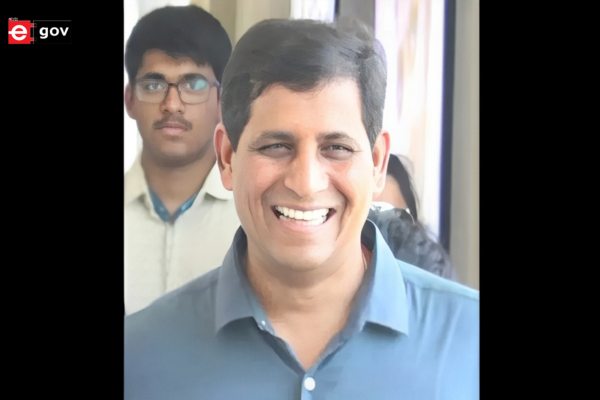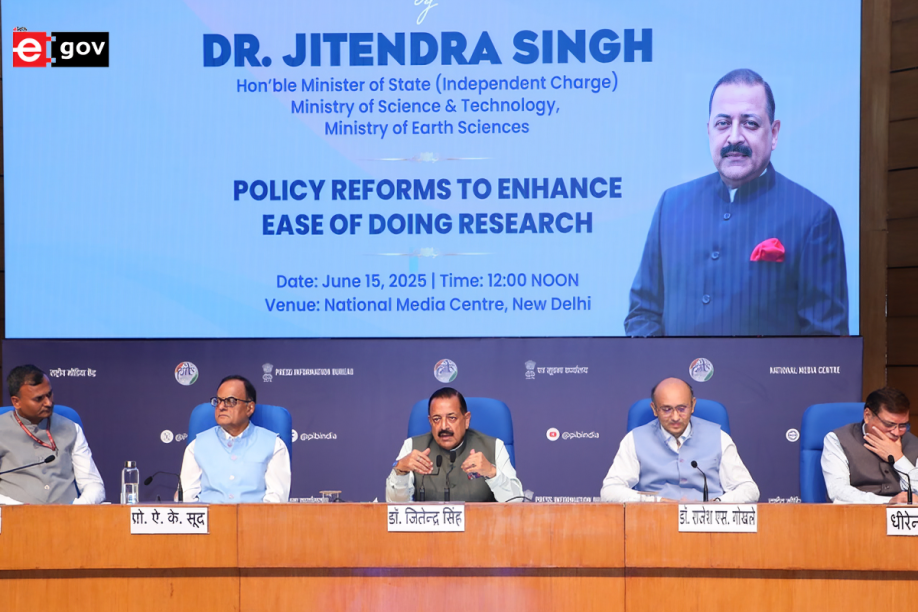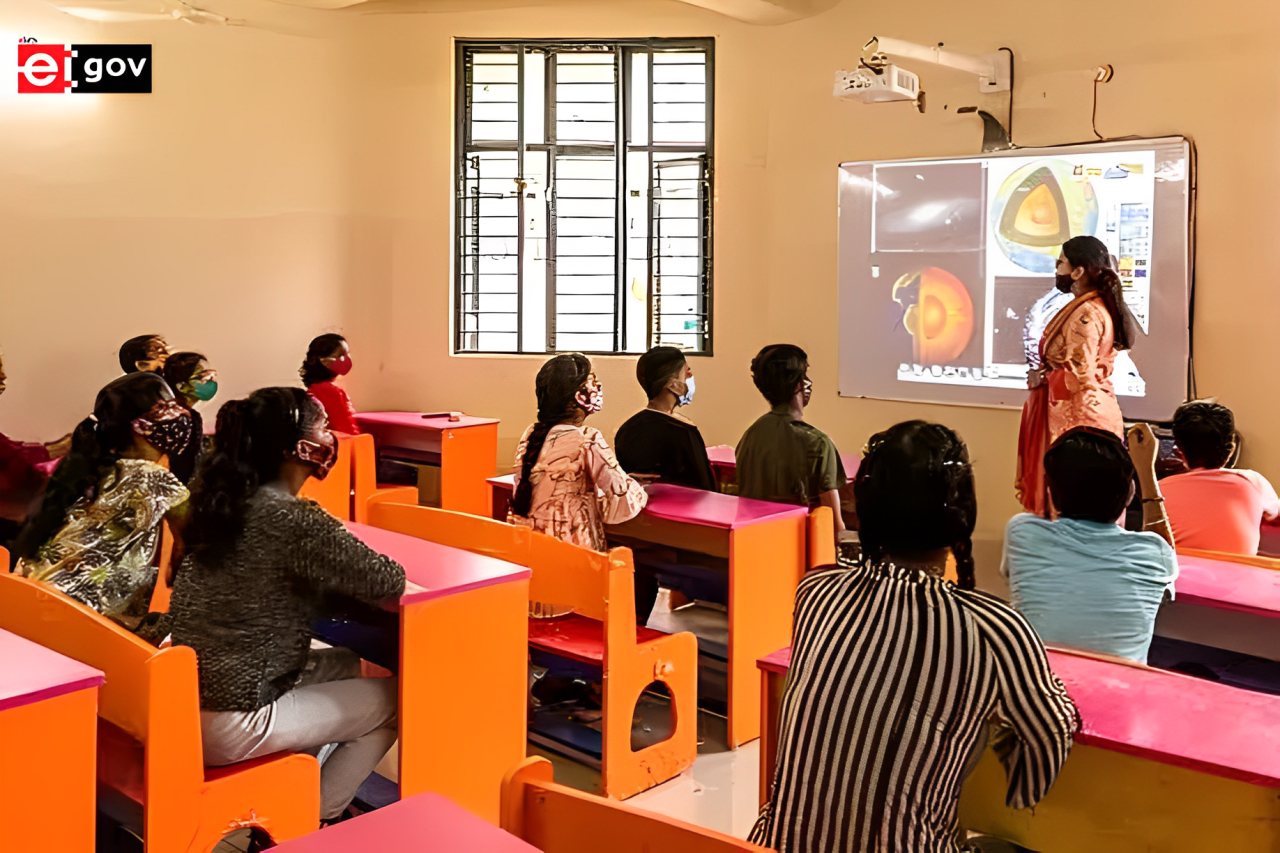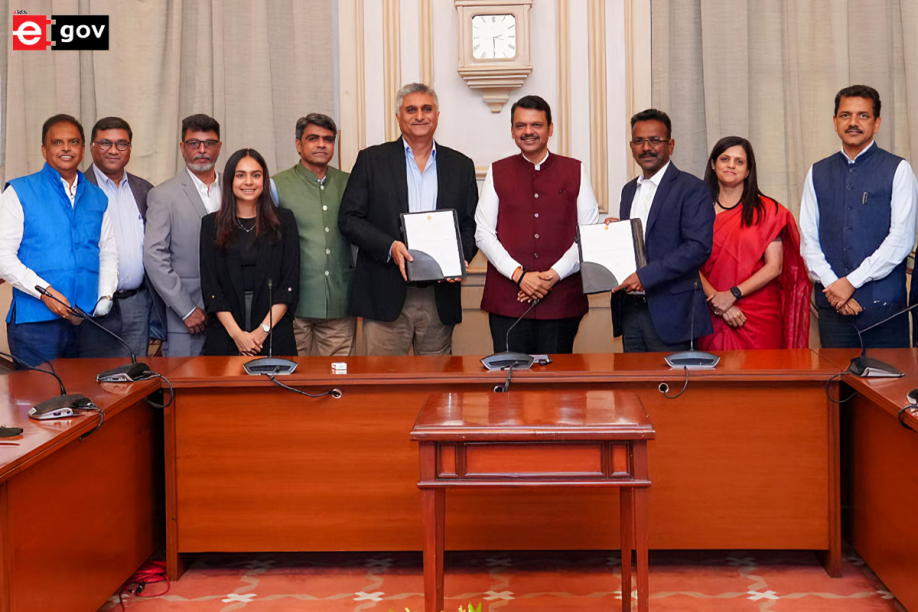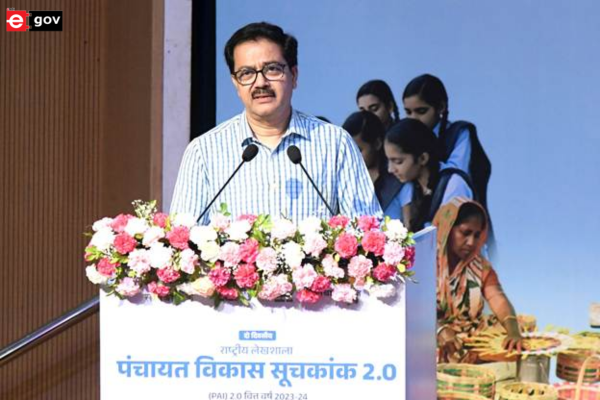
The Ministry of Panchayati Raj, in collaboration with the Ministry of Statistics and Programme Implementation (MoSPI), launched the Panchayat Advancement Index (PAI) 2.0 Portal today during the inauguration of a two-day National Writeshop held at Dr. Ambedkar International Centre, New Delhi. This landmark initiative aims to institutionalise evidence-based, data-backed governance across more than 2.5 lakh Gram Panchayats in the country.
Gracing the event were Shri Vivek Bharadwaj, Secretary, Ministry of Panchayati Raj; Shri Saurabh Garg, Secretary, MoSPI; Shri Sushil Kumar Lohani, Additional Secretary, Ministry of Panchayati Raj; and Shri Rajib Kumar Sen, Senior Advisor, NITI Aayog. Alongside the launch of the PAI 2.0 Portal, a Local Indicator Framework (LIF) Booklet and Standard Operating Procedure (SOP) for FY 2023–24 were also released.

Delivering the inaugural address, Shri Vivek Bharadwaj highlighted the pivotal role of PAI 2.0 in driving transparent, accountable, and performance-oriented governance at the grassroots. He emphasised the importance of accurate data entry, noting that “PAI data serves as the bedrock for equitable development, transparency, and participatory governance.” He urged all Gram Panchayats to publicly display their PAI scorecards to foster community involvement and local accountability.

Echoing this sentiment, Shri Saurabh Garg lauded the portal’s alignment with the Sustainable Development Goals (SDGs), stating, “PAI 2.0 embodies the spirit of ‘Measure what we treasure and treasure what we measure.’” He noted that India’s SDG data availability has improved significantly, from 55% to nearly 95% in the last five years, and that the PAI framework will support bottom-up, inclusive development under the vision of Viksit Bharat.

Shri Rajib Kumar Sen of NITI Aayog called PAI 2.0 a crucial link between local governance and national commitments, underlining its potential to strengthen India’s performance in future Voluntary National Reviews at international platforms.

PAI 2.0 builds upon its predecessor with significant enhancements in efficiency, usability, and data reliability. Compared to 516 indicators and 794 data points in PAI 1.0, the updated version features a streamlined set of 147 indicators and 227 data points, marking a 72% reduction for improved clarity and reduced reporting burden. These indicators are aligned with nine thematic areas linked to the Localisation of Sustainable Development Goals (LSDGs), including health, livelihood, child welfare, water sufficiency, sanitation, infrastructure, social justice, governance, and gender inclusion.
Shri Sushil Kumar Lohani emphasised the government’s commitment to institutionalising a culture of continuous improvement and healthy competition among Panchayats through data-driven self-assessment and monitoring.
The National Writeshop features hands-on training, portal walkthroughs, and experience sharing from States and Union Territories. Over 250 delegates representing 32 States/UTs, government institutions, and technical partners such as NIC, NITI Aayog, UNICEF, UNFPA, and the Piramal Foundation are participating in the event.
Also read: Union Minister Jyotiraditya M. Scindia Unveils ‘Innovate to Transform’ Theme for IMC 2025
As India charts its course toward sustainable and inclusive development, PAI 2.0 is poised to become a cornerstone for strengthening democratic decentralisation, ensuring that every Panchayat becomes a catalyst for transformative change at the grassroots level.
Be a part of Elets Collaborative Initiatives. Join Us for Upcoming Events and explore business opportunities. Like us on Facebook , connect with us on LinkedIn and follow us on Twitter, Instagram.
"Exciting news! Elets technomedia is now on WhatsApp Channels Subscribe today by clicking the link and stay updated with the latest insights!" Click here!




